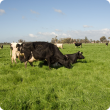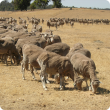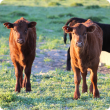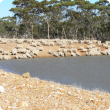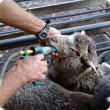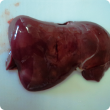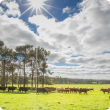Services
Search in Services
Filter services by topic
- Livestock & animals (26) Apply Livestock & animals filter
- Livestock health & diseases (26) Apply Livestock health & diseases filter
- (-) Remove Livestock biosecurity filter Livestock biosecurity
- Biosecurity & quarantine (26) Apply Biosecurity & quarantine filter
- Pests, weeds & diseases (26) Apply Pests, weeds & diseases filter
- (-) Remove Livestock management filter Livestock management
- (-) Remove Diseases filter Diseases
- (-) Remove Biosecurity filter Biosecurity
- Livestock disease surveillance (24) Apply Livestock disease surveillance filter
- Livestock species (15) Apply Livestock species filter
- Management & reproduction (11) Apply Management & reproduction filter
- Sheep (10) Apply Sheep filter
- Emergency animal disease preparedness (7) Apply Emergency animal disease preparedness filter
- Feeding & nutrition (6) Apply Feeding & nutrition filter
- Beef cattle (5) Apply Beef cattle filter
- Dairy cattle (4) Apply Dairy cattle filter
- Wildlife biosecurity (3) Apply Wildlife biosecurity filter
- Livestock movement & identification (2) Apply Livestock movement & identification filter
- Stockfeed (2) Apply Stockfeed filter
- Emergency response (2) Apply Emergency response filter
- Goats (2) Apply Goats filter
- Poultry & birds (1) Apply Poultry & birds filter
- Veterinary chemicals (1) Apply Veterinary chemicals filter
- Water (1) Apply Water filter
- Pigs (1) Apply Pigs filter
- Water management (1) Apply Water management filter
- Control methods (1) Apply Control methods filter
- Chemicals (1) Apply Chemicals filter
- Climate, land & water (1) Apply Climate, land & water filter
- Horses (1) Apply Horses filter
- Livestock research & development (1) Apply Livestock research & development filter

